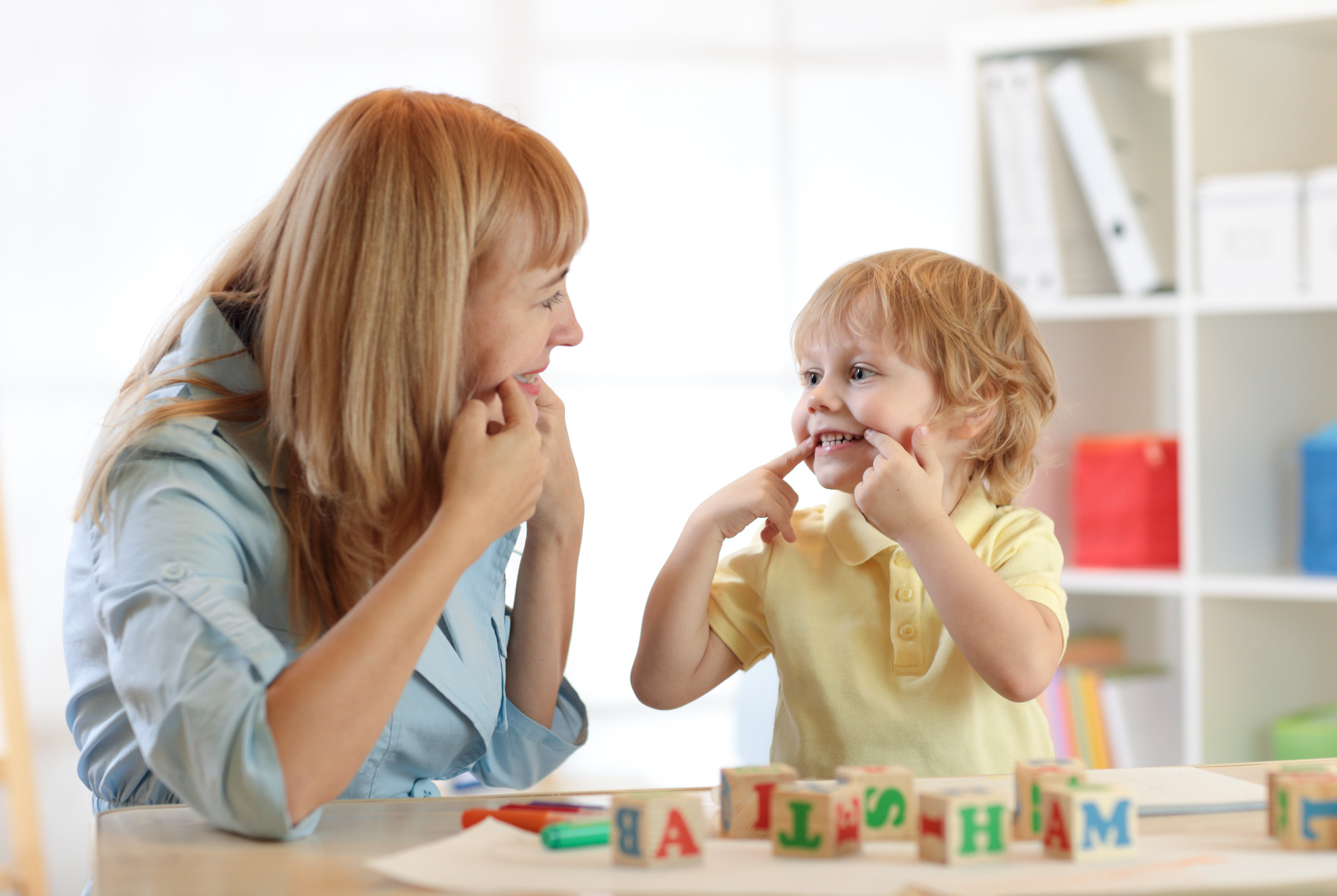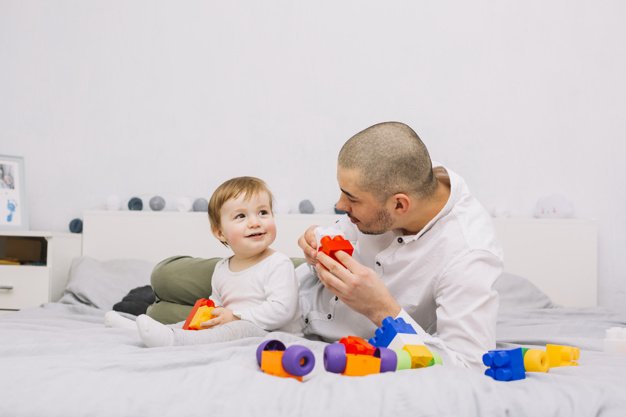No two babies are born with the same sleeping habits. While most parents have their work cut out for them when it comes to getting their baby to fall asleep, there are a few tips and tricks that are proven to be effective in helping baby to fall asleep faster. The following seven strategies will help your newborn fall asleep quickly:
1. Start Swaddling:
One of the age-old techniques for getting a baby to fall asleep quickly is using a swaddle. Swaddling essentially wraps the newborn in a tight blanket that is wrapped in a specific way around their body. This method is a response to a baby’s natural inclination to give into their startle reflex. This startle reflex causes babies to jerk awake when they are startled by a loud noise, motion, or something they see.
With swaddling, parents are able to comfort their newborn and prevent them from waking themselves up. The swaddling allows the baby to feel comfortable and protected, reminding them of the comfort they experienced in the womb. Babies generally benefit from swaddling up until the age of five months, when they will likely outgrow the startle reflex.
2. Practice Dream feeding:
Dream Feeding is the name for the last meal given to a child right before moms and dads go to bed. This dream feeding is designed to keep babies from waking up right after their parents have finally fallen asleep. While parents typically go on to alter their child’s feeding schedule to eliminate this pre-bedtime meal, this dream feeding should be quite effective up until the baby is around four-months-old.
3. Limit Baby’s Naptime:
Nap Times is an essential part of a newborn’s life. Newborns spend a majority of their days and nights sleeping, so it’s important for them to get all their rest in when they do fall asleep. However, parents that are hoping to get their children to fall asleep at night need to pay careful attention to their child’s nap tendencies.
By shortening the duration of their baby’s midday naps, parents have a better guarantee that their child will be able to fall asleep when the time is right. Napping babies should sleep up to 2 or 2.5 hours before their parents wake them up. After the 2.5 hour mark, parents should wake the baby, feed them, and then put them down to sleep for a bit longer if needed.
4. Play White Noise:
Many adults use white noise to fall asleep, so why shouldn’t babies? Since babies tend to wake up at the drop of a hat, the white noise helps to drown out any disturbing sounds that would otherwise keep baby awake. Whether you purchase a white noise machine or turn a fan on in the nursery, these calming sounds are another excellent way to keep baby asleep.
When trying to get baby to fall asleep, it’s important to make sure their nursery is conducive to the relaxing environment needed to keep them from waking up mid-sleep. In addition to playing calming white noise, it’s also necessary to keep the room dark and the proper temperature (experts recommend between 68–72°F), so that the baby will sleep soundly.
5. Follow a Proper Sleep Cycle:
For many parents that are new to babyhood, getting a child to sleep can seem like a free-for-all. Parents nap when they can and celebrate whenever their baby does fall asleep. However, this type of freeform sleeping schedule can only last so long. Parents hoping to make sense of their baby’s sleeping habits should stick to a proper sleep schedule.
A proper sleep cycle for a baby includes waking, sleeping, eating, and then sleeping again. This typical cycle encourages parents to give the baby full feeding as the baby eats after waking up. With this cycle, the baby has the most energy after waking up, which leads them to take another full feeding which allows baby to go longer without another feeding in between this cycle.
Additionally, feeding baby after they wake up from sleeping instead of before sleeping prevents them from associating eating with falling asleep or seeing food as their sleep prop. With this cycle, a feeding before they go to bed is typically the only feeding before they fall asleep.
6. Use Bedtime Routines:
Part of shaping a baby’s sleeping habits and encouraging them to fall asleep quickly involves creating a routine around sleeping. Babies love structure, predictability, and consistency. By creating routines for baby, parents will be able to give their newborn the order they long for.
Parents will likely have to explore to find the right pre-nap routine. A successful routine may include closing the curtains and blinds, placing baby in their wearable blanket or sleep sack, turning on white noise, singing a song, providing them with cuddles, saying “I love”, and leaving the room. After this routine is performed on a regular basis, babies will start to associate getting sleepy and falling asleep with their routine, allowing them to fall asleep faster.
7. Change Baby’s Diaper Strategically:
While new parents are just getting the hang of when to change their child’s diaper, finding a way to change them strategically will help the baby fall asleep faster. For example, changing a diaper before a midnight feeding will help to prevent the baby from waking up once their feeding is finished.
Once the baby wakes up, parents should change their diaper and swaddle them again immediately after the night feeding. This method is preferable to a diaper change after a night feeding, as a baby might be awakened more by a post-feeding diaper change.
Babies are naturally inclined to wake up at night. While parents can’t avoid this midnight phenomenon for the first few weeks or months after their baby is born, over time, parents can establish a working routine that will help their baby stick to a consistent sleep schedule. keep these seven tips in mind as you work to help your child fall asleep faster.
Read Also:






















